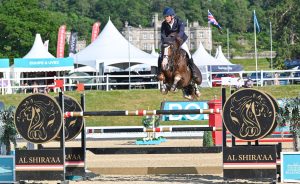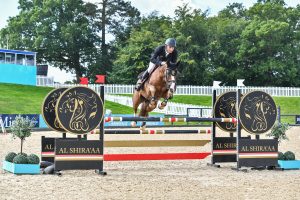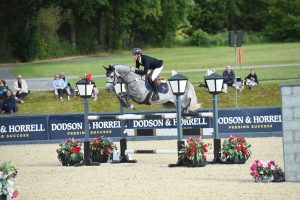Horse Scout Blogger nearly missed the boat with this one: A not-to-be-missed opportunity for those looking to begin or develop their dressage career, the scheme is aimed at young professionals aged 18 – 25 with grants on offer ranging from £4000 for the winner to £100 for runner ups!
U25s, are you looking to build a career in dressage? Whether it’s riding, coaching, judging or yard management, British Dressage would love to hear from you!
U25s, boost your dressage career with the Young Persons Award for 18-25 year olds. The deadline has been extended until Monday 20th April 2015 to apply for the Young Professionals Award workshop. With a total prize fund of over £7,000, plus the chance to showcase yourself in front of dressage’s elite, don’t miss this great opportunity to boost your dressage career today.
The Young Professional’s Award (YPA) scheme focuses on finding talented young people who have what it takes to develop a successful career within the dressage industry. It’s not necessarily about discovering the best rider – it’s about unearthing those with the dedication, talent and qualities to be the complete professional.
Interested? To help those who are considering submitting an application, want to improve their CV and interview technique, or just want more information about the award, we’ve created the perfect workshop for you.
Held at the Windmill Village Hotel, Coventry on Wednesday 22 April, the day will run from 10am-4pm and will include presentations and workshops on the award’s history, marketing and the different media available, planning for the future, running your own business – plus much more.
Tickets for the workshop day are £25.00 per person and include lunch/refreshments and the workshop pack. Application form and booking fee must be returned to the office by Monday 20 April 2014.
The workshop covers:
- The history of the award, its aims and how it has developed
- Key note ‘Surviving in the Sport’
- Sponsorship, Marketing, Media and Social Networks
- Qualifications, Planning for the Future and Personal Development
- CV’s and Interview Techniques
- Running your own Business (Book keeping, Tax and the Law)
So, whether you’re working as an apprentice at a professional yard, running a yard or developing your own activity with horses click here for more information, get in touch and take your career to the next level today!





